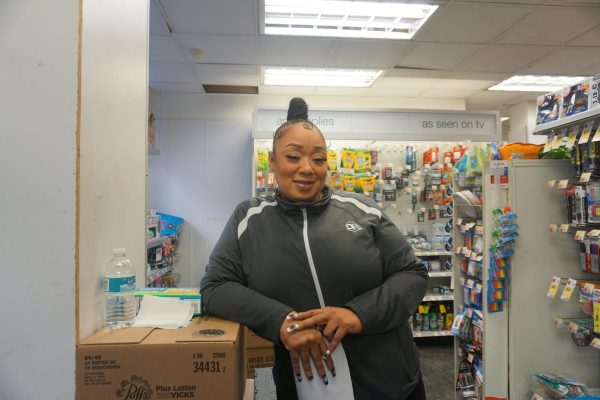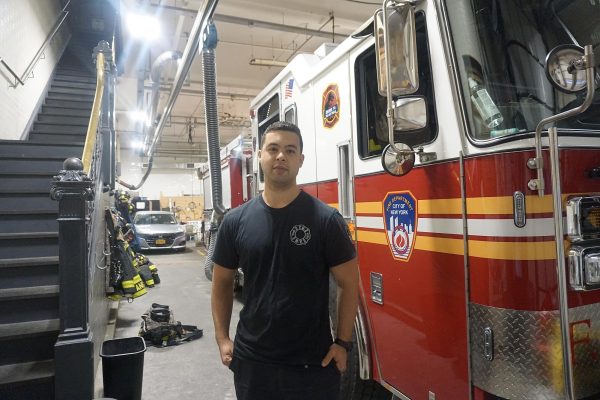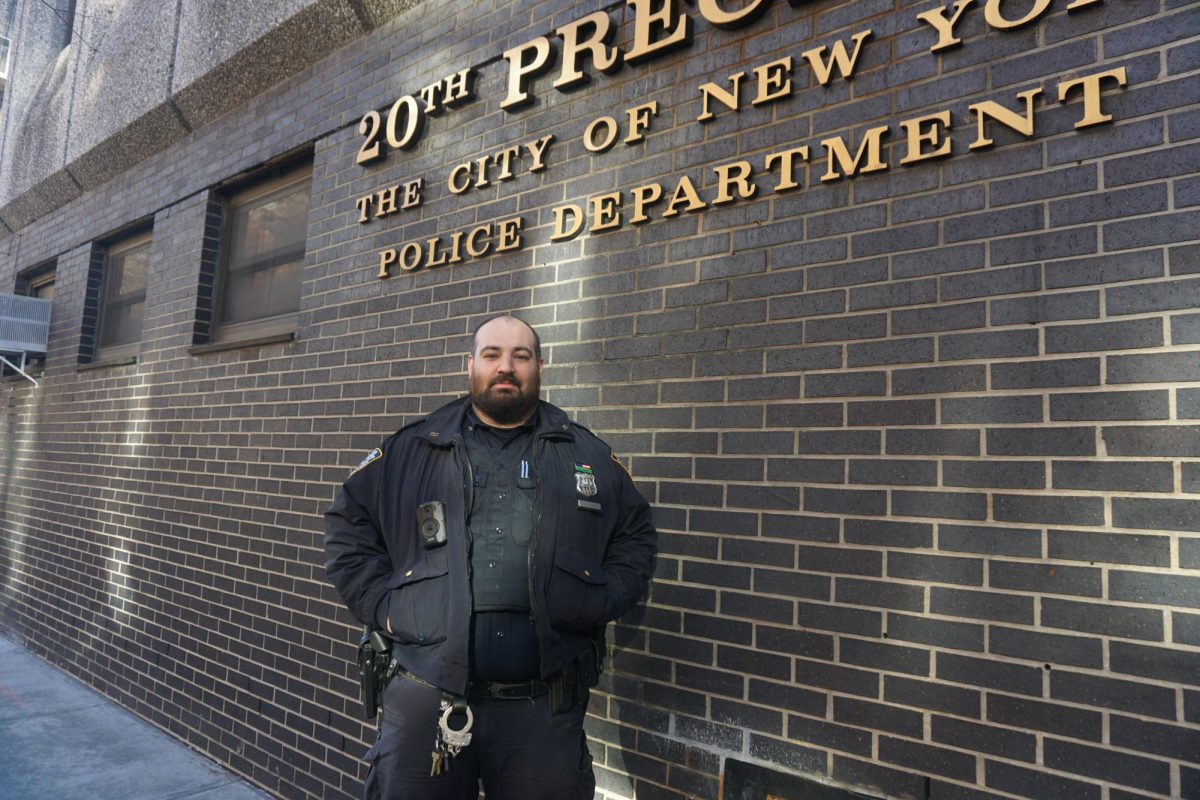New York City, a lively nexus of dreams and energy, is celebrated for its stunning skyscrapers, packed streets, and the charm of its celebrity scene. From iconic billboards featuring the faces of the rich and famous, to the grandeur of events like the Met Gala, the city seems to be built on a foundation of fame. As Frank Sinatra famously sang, “If you can make it here, you’ll make it anywhere.” Yet, amidst the glamor and hustle, there lies a deeper narrative, one that speaks to the everyday heroes who keep the city alive – the common New Yorkers.
When the screech of the subway brakes brings the city to a momentary standstill, it’s the calm voice over the intercom that reassures commuters and guides them through the chaos. Behind that voice lies a person — a transit worker — who remains unseen but who is indispensable to the city’s daily rhythm.
On sweltering summer days, as tourists and locals alike queue up for a taste of the city’s iconic pizza, it’s those behind the counter who serve up the slices of New York culture.
In the aisles of neighborhood grocery stores, it’s the friendly faces who greet customers with a smile and ring up their purchases, embodying the spirit of community that binds New Yorkers together.
Oftentimes, we don’t stop and think about the people we see every single day. But they are, undeniably, every bit as important. That is the beauty of New York City, after all.
Officer Coleman, raised in the Bronx, has been working with the New York Police Department (NYPD)’s 20th Precinct located on the Upper West Side for three and a half years. As the designated youth officer, Coleman’s responsibility is to connect with children around the city, particularly those of middle and high school age. Coleman spoke to me regarding his favorite elements of the job. “I typically do presentations on social media and the dangers of hate crimes and hate speech, and how that can affect different people. So I like engaging with the community a lot, especially the younger people.”
The role of a police officer is one of dedication, determination, and hard work. “My grandfather was a police officer, and my father was a New York City police officer,” said Coleman. “When I was in second grade, 9/11 occurred and that’s kind of shaped my life. I always wanted to be able to give back to New York City, so it became a driving factor in my decision to become a police officer.”
The police academy has seen a rapid change since Coleman first joined. “Even from the time that I was in the police academy to now, we’re seeing a lot more technology coming into policing, specifically with the use of drones, for example,” said Coleman. “I think that is a big area of improvement that we can continue to grow in – using technology to make New Yorkers’ lives better, as well as making our jobs easier.”
“We get to deal with people of every race, nationality, and gender,” he said. “Being open-minded, understanding, and empathetic of where someone may be coming from, based on their own background is very, very important. I think where a lot of police officers can grow is learning how to be more empathetic.”

Chemere has been working at Duane Reed for eight years. Born and raised in Trinidad, when asked to share her story with me, Chemere responded, “Sometimes I meet great people, and sometimes I meet not so great people. I’m really here because I have to take care of my children. If I had a better opportunity to go somewhere else, I probably would take it. But everything I do is for my kids.” Chemere’s one piece of advice to her former self is, “Go to school. Stay in school. Education is number one, and that’s something that I always share with my kids.”

Alex has been working for the New York Fire Department for seven years. Born and raised on the Upper West Side, Alex dreamed of becoming a firefighter from a very young age. His dreams would soon become a reality, as he now works every day to ensure the safety of the city community.
“I remember hearing fire trucks when I was a little kid,” said Alex. “I always thought it was so cool that they were risking their lives every day to make the world a better place. You hear so much noise every day growing up in the city, and that noise becomes another part of you. I hope that kids these days still feel that, too. Even though I have been in this industry for seven years, I am learning something new every single day, and meeting new people from all different types of backgrounds. That’s what I love most about this job – it’s more than a job to me.”
A Tribeca doorman, who wishes to remain anonymous, shared his story with me. “I’m originally from Tirana, Albania, and unfortunately, my whole family still lives there. I have always loved art and knew that I wanted to be an artist since I was young. I was fascinated by the opportunities that the United States, specifically New York City, offered, in comparison to those in my home nation. Sadly, I didn’t pursue a career as an artist.”
“I’ve been working as a doorman for nineteen years, and I love being able to greet people when they come home,” he said. “Sometimes, it’s hard to keep up with the changing city regulations, but it’s worth it. New Yorkers like to see the same face greeting them every day when they get home from work. They like the familiarity. Working in the city and serving its residents is very rewarding.”
His one piece of advice to others is, “Don’t be afraid to pursue your dreams. I wanted to be an artist, but I didn’t have the courage to try.”
New York City pulsates with opportunity, drawing dreamers and strivers from every corner of the globe. But behind every show-stopping event and every seamless commute, countless individuals are working tirelessly to ensure the city runs smoothly.
New York City is not its celebrities. It’s not its skyscrapers. It’s not even its sports teams. New York City is its people – the hidden stories of sacrifice and resilience that often get lost in the urban jungle.
New York City is not its celebrities. It’s not its skyscrapers. It’s not even its sports teams. New York City is its people – the hidden stories of sacrifice and resilience that often get lost in the urban jungle.

